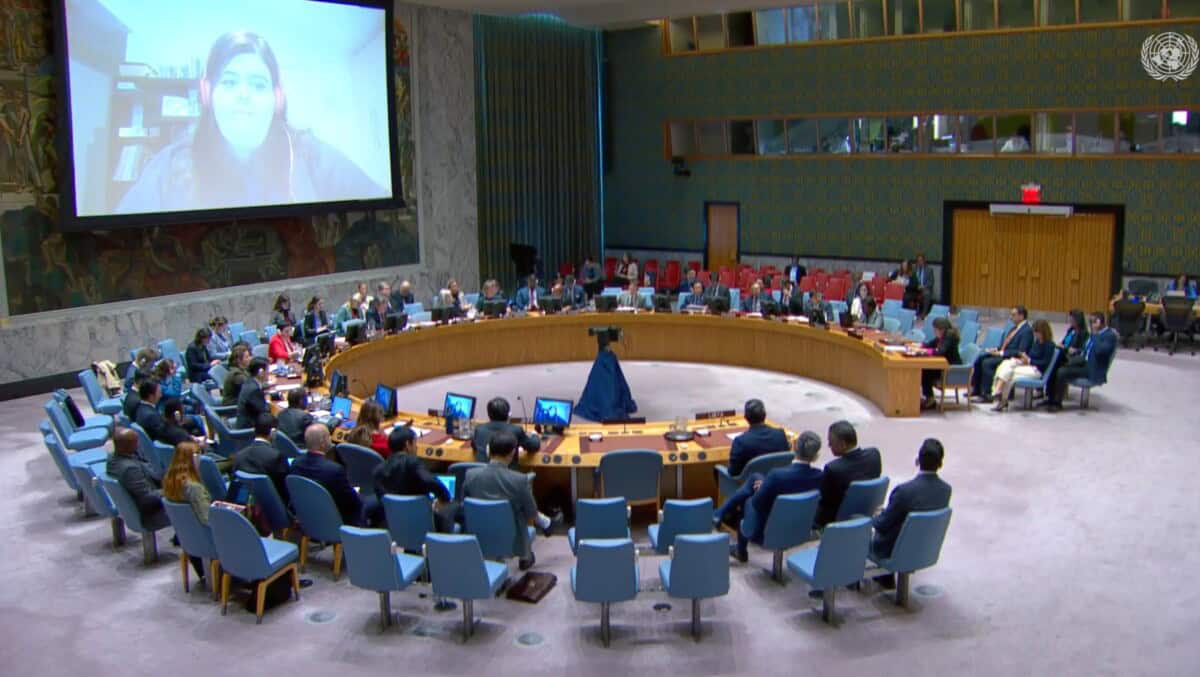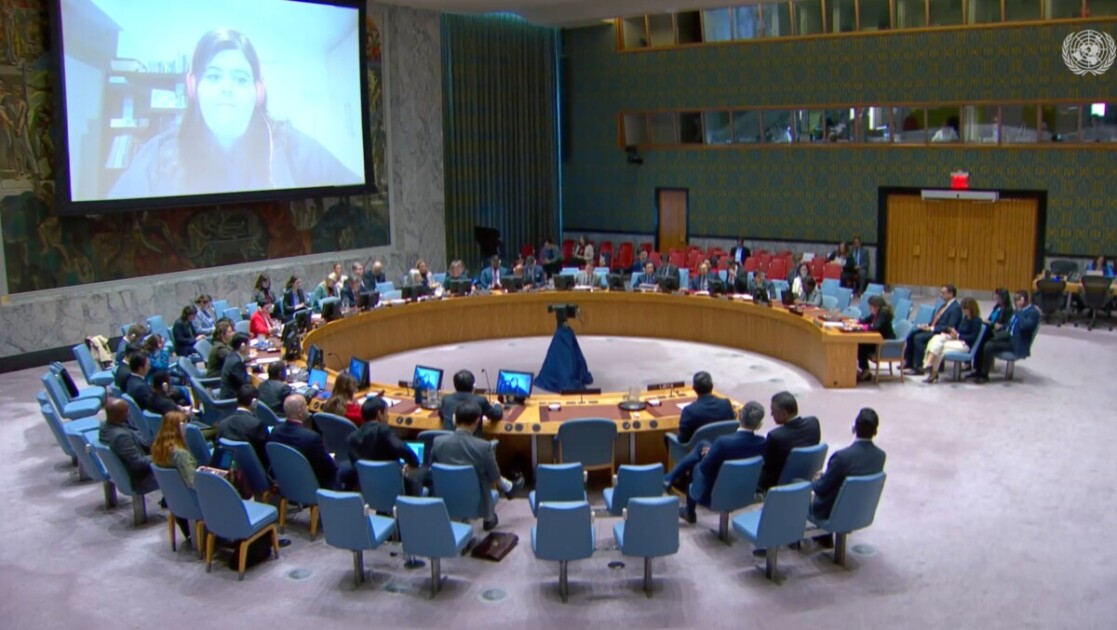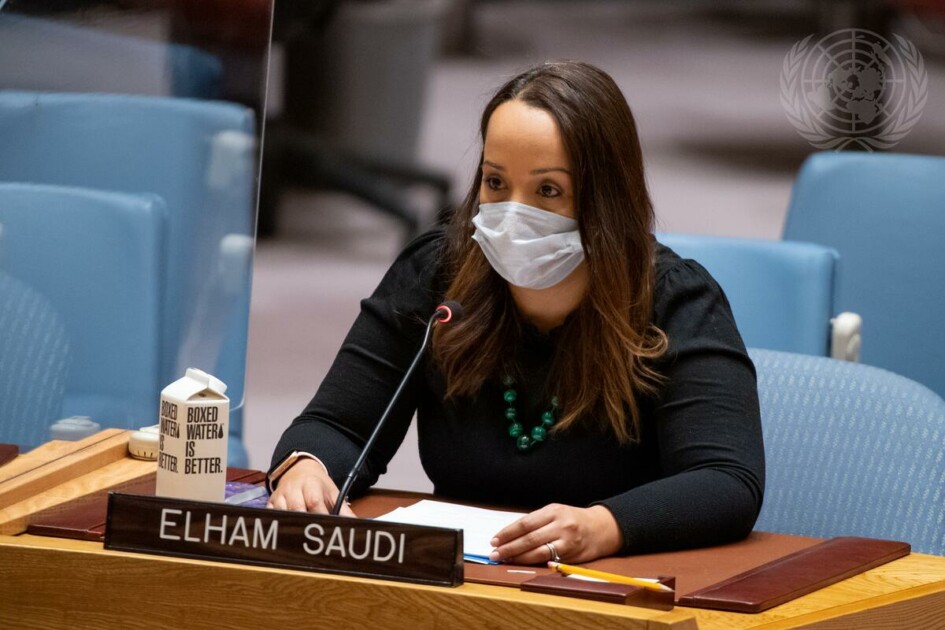Libya
Libya
Years after the deposition of dictator Moammar Gadhafi as part of the Arab Spring, Libya remains in a deteriorating security situation that is especially volatile for women. Sexual and gender-based violence during the war, including mass rape, has yet to be investigated, and women’s rights have continued to decline as different Islamic groups strive to curtail freedoms throughout the country. Violence against women remains common, but reporting remains low; like political and civic participation, reporting and activism by women remains deterred due to threats of violence or death.
Since 2011, Libya has passed new laws which discriminate against women, including the legalization of polygamy and quota reductions for women’s representation in Parliament. Although a party to the Convention on the Elimination of All Forms of Discrimination against Women (CEDAW), Libya does not have a National Action Plan per resolution 1325 (2000).
Due to the high rates of discrimination, exclusion and violence faced by women in Libya, the NGOWG advocates for the Security Council to continue supporting the United Nations Support Mission in Libya (UNSMIL) to include women as full and equal partners in supporting the transition of power to the Government of National Accord, which has struggled to establish legitimacy and control. Without the inclusion of women, the new government will face greater challenges to creating sustainable peace in Libya and continue exposing Libyan women to extreme risk of violence.
Current and Past Recommendations to the UN Security Council (Monthly Action Points)
The recent sharp escalation of the situation in Libya is causing more restrictions to women’s movement, especially for women’s rights advocates, as well as civilians generally. The Security Council must demand an immediate and unconditional ceasefire and ensure all civilians and civilian objects are protected in accordance with international humanitarian law (IHL). It is essential that there is systematic consultation with women and women’s organizations from diverse perspectives, including youth and Indigenous groups, across UNSMIL’s entire work. In the recent political process, gender parity was not achieved and with the current crisis, women’s participation is largely ignored. Public space for women to voice their opinions and take an active role in the political and peacebuilding processes is rapidly shrinking amid reports of threats, intimidation and violence. The Council should urge Libyan authorities to ensure the protection and support of women, including human rights defenders, to participate actively in the public space without the fear of reprisal. SGBV remains underreported, and largely overlooked, while services for survivors are non-existent, yet desperately needed. UNSMIL should work with women-led CSOs and Libyan authorities to establish prevention and response measures, including guaranteeing victims of SGBV unhindered access to emergency response and reporting without fear of reprisal. Despite the tremendous efforts and the humanitarian response program applied by local activists, local CSOs, several UN Agencies and INGOs for displaced civilians, urgent requests for humanitarian assistance are regularly called for, including women- and children-related needs and priorities. The Council should urge UNSMIL to implement preventative measures to protect female migrants, asylum seekers and refugees in detention centers who are particularly exposed to systematic and widespread SGBV. The Council should ensure that an effective and coordinated gender-sensitive strategic approach for security sector reform and disarmament is a priority.
Relevant Resources






